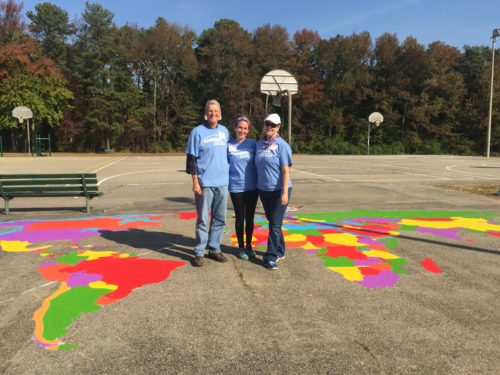Aimee learned a lot of things too early in life as she watched her father nearly succumb to leukemia, his resulting painkiller addiction, and the financial and psychological quicksand her family struggled in as a result.
Growing up in a small town in Eastern Kentucky, Aimee was surprised to find herself and her family staying with neighbors while her dad suffered in a nearby hospital. It seemed so sudden, the onset of his illness, and she remembers an earlier childhood of warmth and togetherness.

Aimee’s senior photo
That wouldn’t be Aimee’s lot in life for several more years, unfortunately. She was in the sixth grade when her father was diagnosed, and her memories of his painful experience with a bone marrow transplant are still very acute. It was a troubling time for both Aimee and her younger sister, and she had a lot on her mind when the volunteer coordinator at her school told her she now had a Children Incorporated sponsor.
“I didn’t think much about it at the time,” she remembers. “Except that it was nice to get money at Christmastime, and it was nice having someone to write thank-you notes to. It wasn’t until I was in high school that I really recognized the importance of giving, and the importance of helping others in need.”
With her dad’s recovery came OxyContin, a newer drug that Aimee’s family didn’t know much about. They certainly didn’t expect it to take over their lives with addiction. Money got even tighter, and relationships were even more strained. Aimee’s gifts from her sponsor became some of the only things she looked forward to, and one of the only constants she had in her life.
“I have been through more than most people would want to go through in a lifetime,” states Aimee, matter-of-factly. “Having people who showed me that they believed in me when my family seemed to be crumbling apart… It encouraged me to do better and to strive to be more and do more for the world around me.”
“It wasn’t until I was in high school that I really recognized the importance of giving, and the importance of helping others in need.”
Buoyed by Support, With Eyes Still on the Prize
As she grew, the young woman with so much on her mind dedicated herself quietly to her studies, keeping a low profile in high school and making straight As. It wasn’t difficult for her to decide that her next step was college.
Alesha graduated from Morehead State University in 2011 with a major in Education and a growing desire to give back.
Thinking back on the calmer years before the turbulence began in her teens, she describes a certain scene. Aimee and her friend, both three years old, sit under a tree. Her friend, who is deaf, has been learning sign language, and she’s teaching Alesha words, while Aimee, in turn, helps her articulate those same words.
This scene stayed with Aimee as she tried to decide how to combine her educational know-how and her considerable service-oriented energy. The feeling of sharing in her friend’s triumphs was so powerful — she realized that to her, communication is the key to really helping children improve their lives.

Aimee with her family
The memories hit home in a different way many years later, when Alesha had begun her career in education. A little boy with autism struggled to tell Aimee what he wanted. The frustration he felt was so palpable, and his tears were so real, that Aimee had to step outside of the classroom and cry herself.
Now, she’s realigned her professional ambitions and is currently studying speech and language pathology. “I’m finding that the kids I most connect with are the ones psychologists shy away from because of their communication problems,” she explains. It’s a difficult job, but it satisfies a need in Aimee that began under that tree.
Opening Doors for Future Generations
At 28, Aimee is now the mother of two children and the partner of a man who shares her desire to lift other people up. She never met her Children Incorporated sponsor, who passed away before she graduated high school, and left her the money she needed to get through college. But she thinks about him and his family often.
“I know they are going to overcome and be strong individuals – but sometimes, in the grand scheme of things, people forget the importance of kindness to all.”
Their contributions to her life helped her put many of the important things in life into focus: I matter, and people care about me. As is often the case, life hasn’t always been easy for Aimee, but a memory of that support has helped her steer her personal life toward those who are similarly-minded, and her professional life toward helping as many children as she can.
For her own kids, Aimee wants them to know the drive she feels each day to make someone else’s life better. “Whatever life hands to them,” she says, “I know they are going to overcome and be strong individuals – but sometimes, in the grand scheme of things, people forget the importance of kindness to all.”
***
HOW DO I SPONSOR A CHILD IN KENTUCKY?
You can sponsor a child in Kentucky by calling our office and speaking with one of our sponsorship specialists at 1-800-538-5381 or by emailing us at sponsorship@childrenincorporated.org.

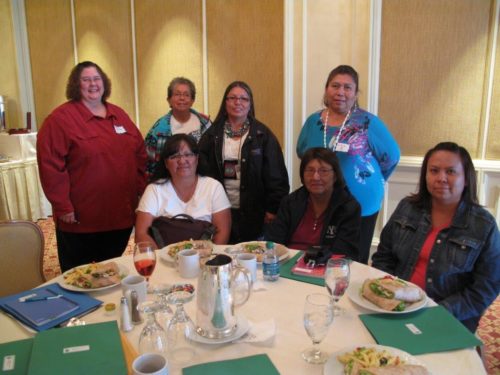
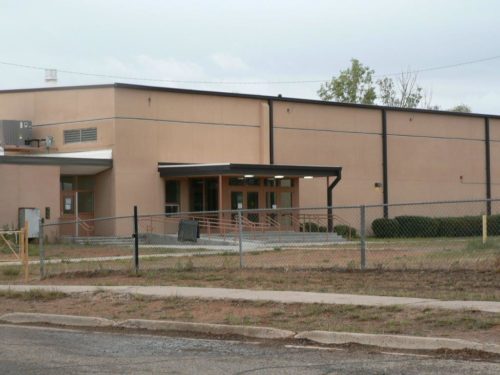
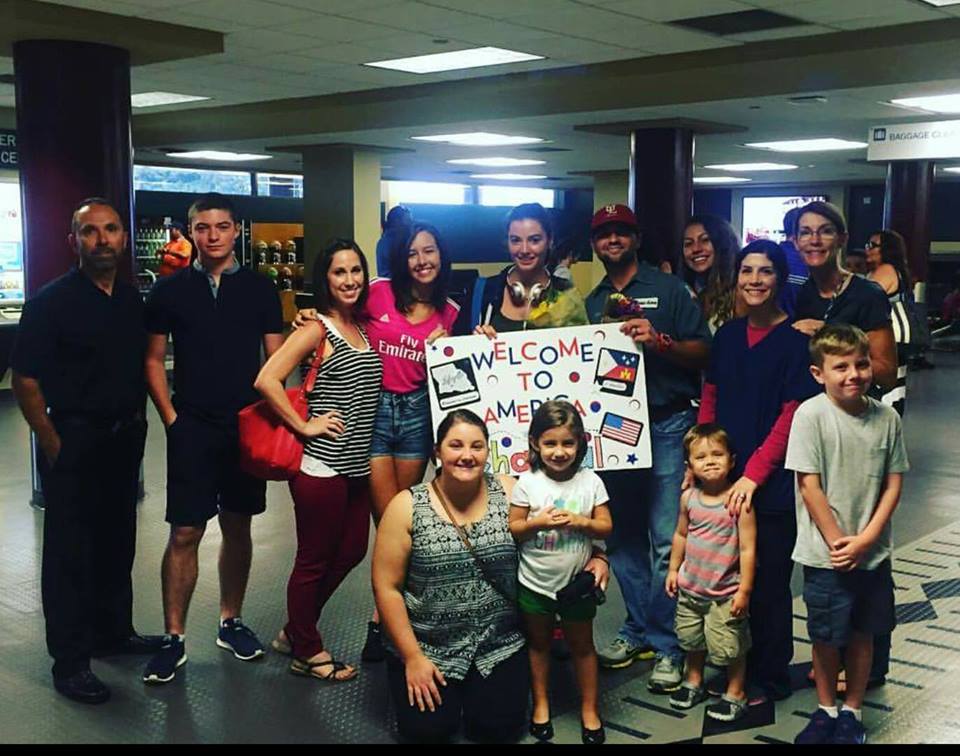

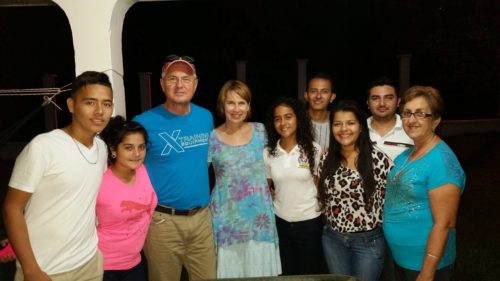
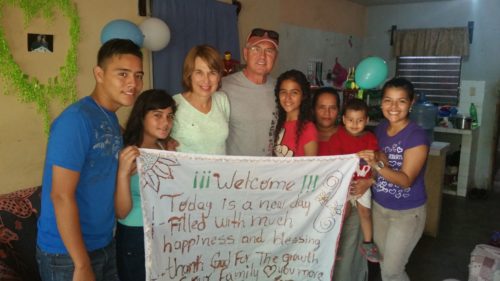 DW: Yes, I try to write them at least as often as they do, if not more — six to eight times a year, and then on birthdays and holidays as well.
DW: Yes, I try to write them at least as often as they do, if not more — six to eight times a year, and then on birthdays and holidays as well. 
